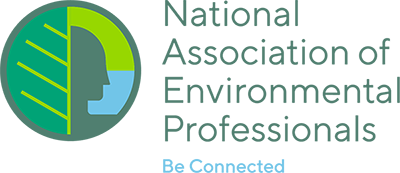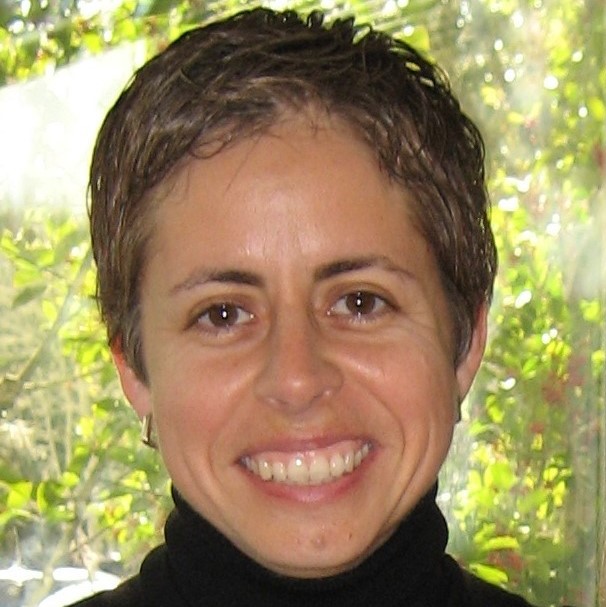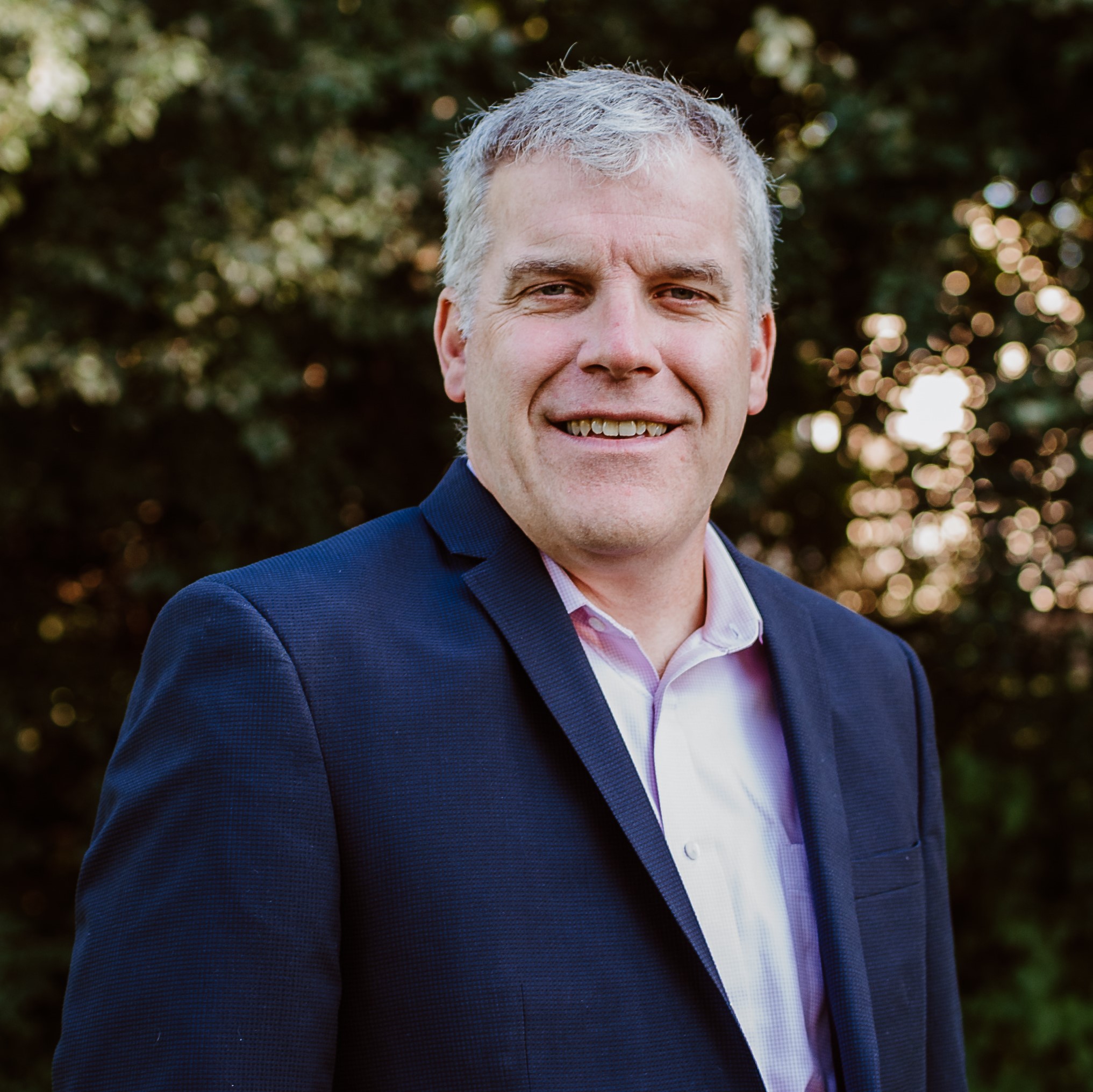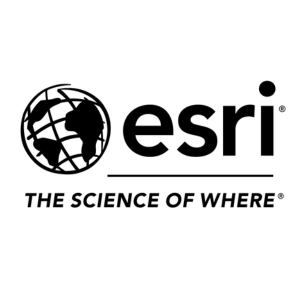|
Webinar - Environmental Justice: Assessing Social and Health Impacts on Vulnerable Populations
Thursday, February 18, 2021, 12:00 PM - 1:30 PM PDT
Category: Webinars
Environmental Justice: Assessing Social and Health Impacts On Vulnerable PopulationsFebruary 18, 2021 | 12:00 PM – 1:30 PM (PT) / 3:00 PM – 4:30 PM (ET)Location: Zoom WebinarAbout Environmental health and justice are finally making their way to the forefront of environmental protection. In this webinar, our expert panel will give an overview of the latest analysis techniques and demonstrate their value through case studies.
Leticia (Leti) Solaun will provide an overview of environmental justice precepts, tools, and basis for social impact analyses.
Greg Wolffe will address a case study in Los Angeles County (County) initiated the Green Zones Program (Program) in 2015 to enhance public health and land use compatibility in unincorporated communities. Health Impact Assessment (HIA) which has become an important mechanism for understanding the whole impact of a project as it relates to affected communities and demographics. The use of HIA is an emerging practice intended to increase the understanding of the human health consequences in the evaluation of public policy and decision-making by stakeholders.
Charlie Webb will talk about the challenges for project-level NEPA practitioners of assessing issues that go beyond the scope of the project for which they are assessing impacts. Interstate construction in urban areas was very impactful to the environmental health of urban neighborhoods around the country in the 1960s and 1970s. As these freeways age and require reconstruction, project sponsors are being asked to acknowledge and in some cases address decades-old impacts that go beyond the footprint of the project or relate to program-level budget decisions. Tune in to to learn the details about the basic principles and decisions subject to HIA, what was evaluated, the data used, and how the HIA incorporates quality of life and health parameters, such as background air quality, access to recreation and open space, general mobility, and other factors, particularly for vulnerable subgroups and communities within the affected population.
Speakers Dr. Leticia Solaun Dr. Leticia Solaun specializes in leading equitable stakeholder engagement and promoting social equity by assessing and addressing social, economic, and health impacts to marginalized or vulnerable populations for agriculture, natural resource management, transportation, environmental, traditional and renewable energy, textile, sustainability, and water/wastewater projects. She has developed and implemented diversity and inclusion initiatives including mentor-protégé, mentor-mentor, small and disadvantaged business advocacy, institutional strengthening and skill building, and workforce development programs. Dr. Solaun has delivered training and presented research at national and international conferences, including the Association for Education in Journalism and Mass Communication, International Association for Impact Assessment, the International Communication Association, the International Conference for Sustainable Development, and five, national U.S. EPA Community Involvement Training conferences.
Charlie is a senior project manager in Jacobs’ Milwaukee office. He has 30 years of experience in project management, transportation corridor location studies, environmental analyses and associated documentation, public involvement plan development and execution, and agency coordination. Charlie’s focus is managing the National Environmental Policy Act (NEPA) process for large-scale transportation improvement projects.
Greg Wolffe is a Principal Engineer at Yorke, with over 25 years working in environmental research and consulting services. Mr. Wolffe has supported government and commercial organizations in assessing air quality impacts for large multi-year new facility construction projects and Major and Minor Source facility modifications, optimized projects for Emission Reduction Credits (ERCs) with permitting agencies, conducted air dispersion modeling analysis to evaluate potential impacts on state and federal ambient air quality standards, evaluated toxic air contaminant emissions for health risk assessment, and proposed project mitigation. These analyses were performed in support of environmental review pursuant to the California Environmental Quality Act (CEQA) and the National Environmental Policy Act (NEPA), permitting and/or licensing of capital projects, and pre‑project feasibility planning. Mr. Wolffe has specific recent experience managing the consistency of air quality and climate change analyses prepared pursuant to CEQA with permitting for large-scale power projects. He has worked with a range of California plants performing Title V air permitting, Emergency Planning and Community Right-to-Know Act (EPCRA) compliance auditing, regulatory applicability analysis (federal and local), and semi‑annual Maximum Achievable Control Technology (MACT) reporting. He has performed dozens of air quality and mobile source emissions evaluations in California for projects located in the South Coast Air Quality Management District (SCAQMD), San Joaquin Valley Air Pollution Control District (SJVAPCD), Mojave Desert Air Quality Management District (MDAQMD), and San Diego County Air Pollution Control District (SDAPCD). Mr. Wolffe is a Certified Permitting Professional (C.P.P.) with the SCAQMD, a certified ISO 14001 lead auditor, and a recognized individual in the air quality field in Southern California.
Karalyn Lubold is an emerging environmental professional, who has experience working with a team responsible for developing rapid antibody-based bioterrorism testing devices, and multiplexed immunoassays for the rapid detection of botulinum neurotoxins. She has also worked over 20-years in the dental field, where she gained valuable and transferrable management and technical skills. Karalyn recently graduated from the University of Maryland Global Campus with a MS in Environmental Management. She also holds a BS in Environmental Science from Mount St. Mary’s University. Academic projects included studying the effects of growth and rezoning on water quality; and incorporating LID and green infrastructure practices to minimize stormwater runoff. |

 Prev Month
Prev Month View Month
View Month Search
Search Go to Month
Go to Month Next Month
Next Month
 Charlie Webb
Charlie Webb Export Event
Export Event 